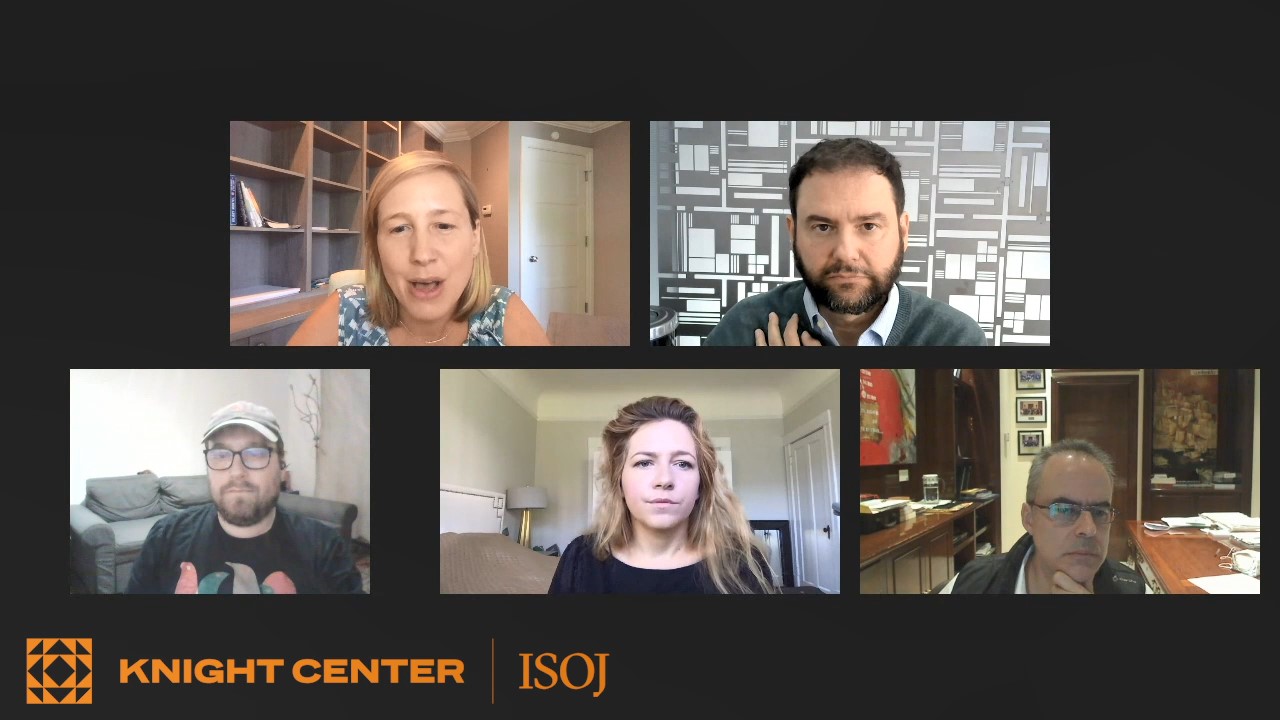
All the president’s attacks: Coping with governments that weaponize social media and campaign against independent media
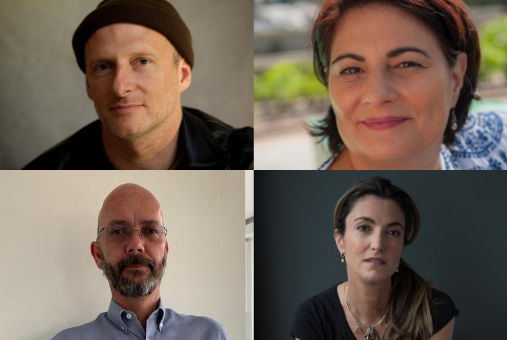
Two investigative reporters, one independent photojournalist and a veteran public radio reporter have been named as recipients of the 2020 Maria Moors Cabot Prizes.

With the pandemic, indigenous media have gotten information about the disease to isolated communities, with little or no access to the internet.
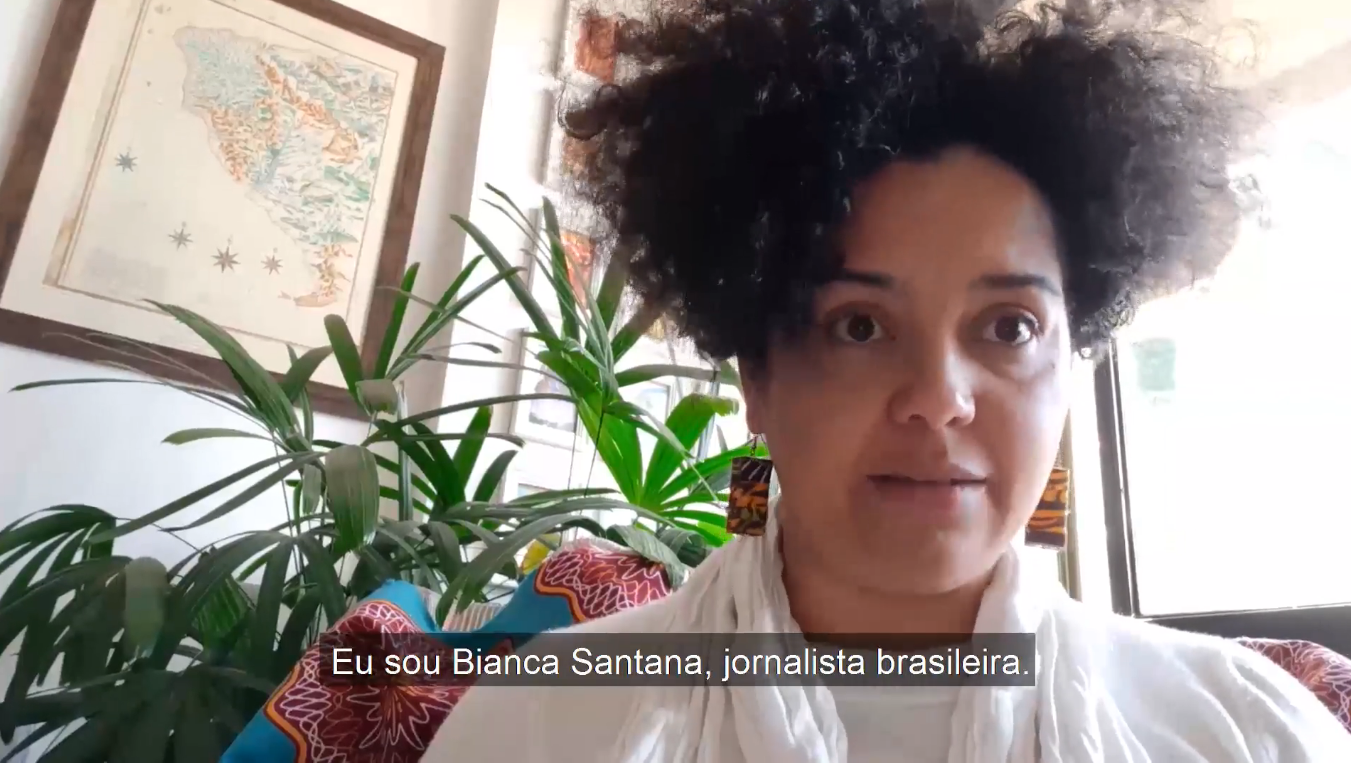
Brazilian journalist Bianca Santos filed a complaint July 7 with the United Nations Human Rights Commission against President Jair Bolsonaro. Nineteen nongovernmental organizations subscribed to the complaint.

Political coverage in Brasilia is the most sought after in Brazil. Venturing into this already saturated market is for the brave few. Thriving is even rarer. In 16 years, this is exactly what the Congresso em Foco achieved and became a reference in the coverage of Brasília.
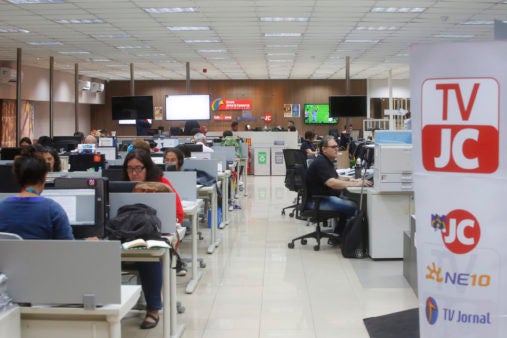
In Brazil, today, there are 26 century-old newspapers in circulation. To stay relevant, they strive to stay true to their history and connected with readers who’ve been with them for decades, emphasizing their belonging to the community.
The 2019 edition of the ‘Javier Valdez’ Latin American Prize for Investigative Journalism recognized journalists from Quinto Elemento Lab (Mexico), Globo TV (Brazil) and the Center for Investigative Journalism (CPI) of Puerto Rico, for excellence in journalism.
Glenn Greenwald, a U.S.-born journalist who lives in Brazil and co-founder of The Intercept and The Intercept Brasil, was slapped during a live show on Brazilian radio station Jovem Pan on which he appeared as a guest.

The gloomy end of Jornal do Brasil is not necessarily the rule that is being followed by other Brazilian newspapers that, more recently, have also given up their daily print editions to prioritize digital platforms.
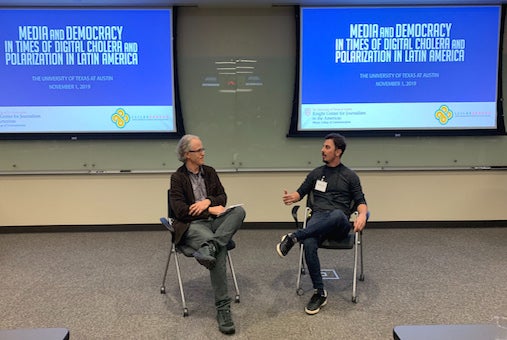
Never in the history of Brazil have journalists and digital media been attacked the way they are being targeted now, said Leandro Demori, executive editor of investigative site The Intercept Brasil.
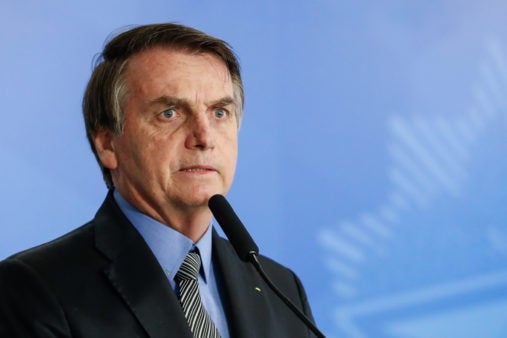
The editorial “O lugar de cada um” (The place of each one), published on Nov. 5 in the newspaper O Globo, is another development in the tense relationship between Bolsonaro and the press, fueled by the president's recurring attacks on critical journalism.
A program from the Facebook Journalism Project that has passed through the United States, Germany, Canada and Australia arrived in Brazil on July 29 to strengthen local journalism in five regions of the country.